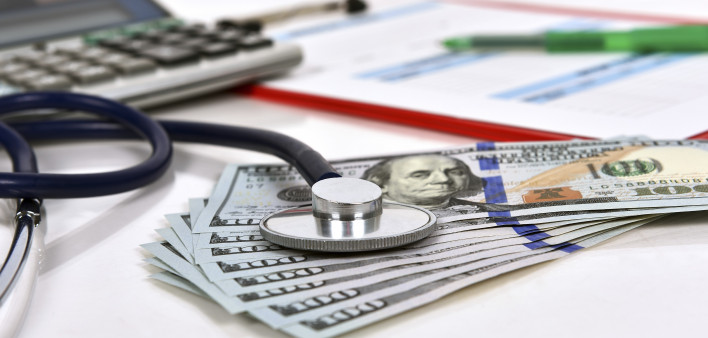Try not to do it alone. It can be overwhelming to sort out your own finances, especially if you are on several government programs with many moving parts and complicated, ever-shifting eligibility criteria. Reach out to your local HIV and AIDS services organization (find them here) to see whether they have someone on staff who can walk you through the complexity and take some of the burden off your shoulders.
Put pen to paper. Sometimes we have no idea how much we’re spending on what until we actually go through our bank and credit card accounts and write down all our expenses. Once we do so, we can clearly see where we might cut back. What about those auto-pay subscriptions to TV streaming platforms we hardly watch or apps we barely use? They could make up a hidden loss of up to $50 a month right there.
Make a budget. Once we know exactly how much we have coming in every month alongside nonnegotiable expenses, we can figure out precisely what we have left over and how we should spend it. Then we can balance valuable cutbacks with little splurges that bring life some sense of fun and happiness. For example, we might realize we need to eat in rather than out two more nights a week but that we don’t have to cut back on our beloved afternoon pit stop for coffee.
Eat at home more. It bears repeating: Nothing saves money like cutting down on eating out (even if it’s relatively low-cost fast food or fast casual) and making more stuff at home, like a big pot of chili with inexpensive ingredients (tomato sauce, greens, beans) that you can squeeze several meals out of for as little as $3 a serving. It’s also healthier for you—fast food in particular is full of fat, salt and sugar that you don’t need. When you cook, you control what goes into your meals.







1 Comment
1 Comment